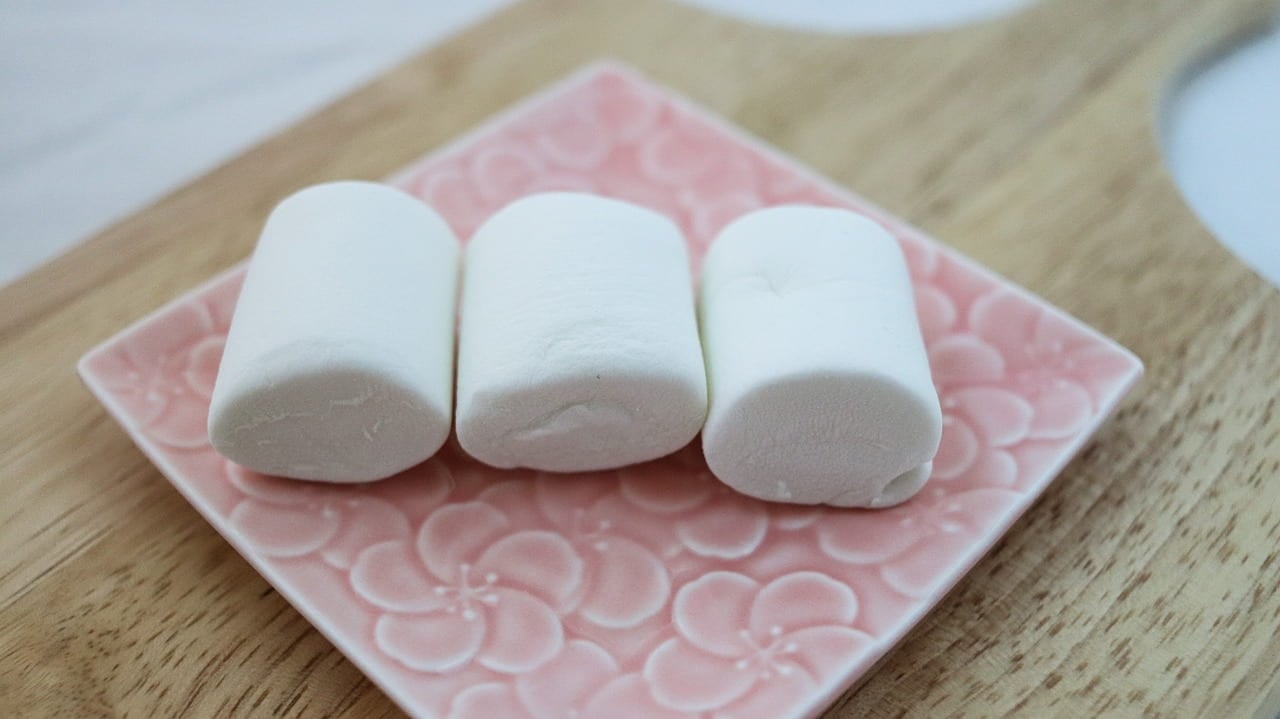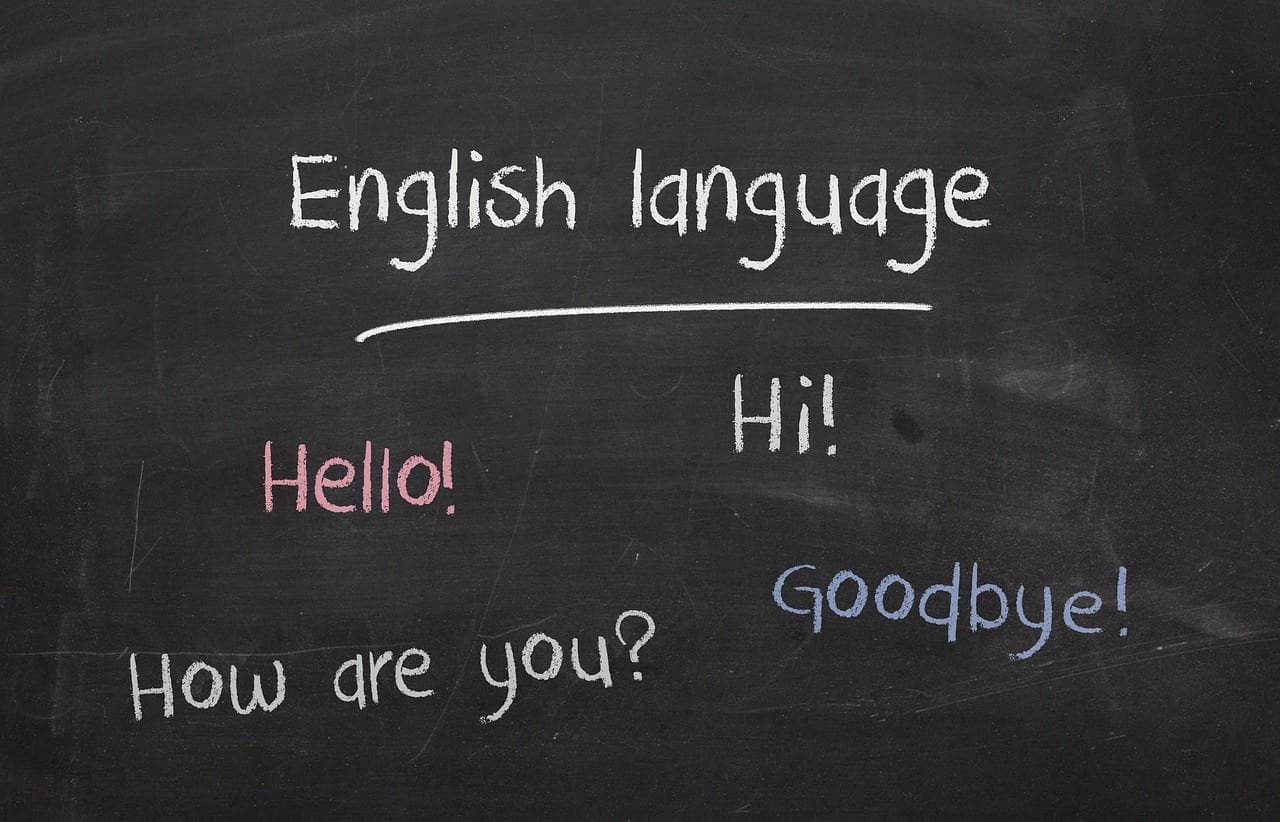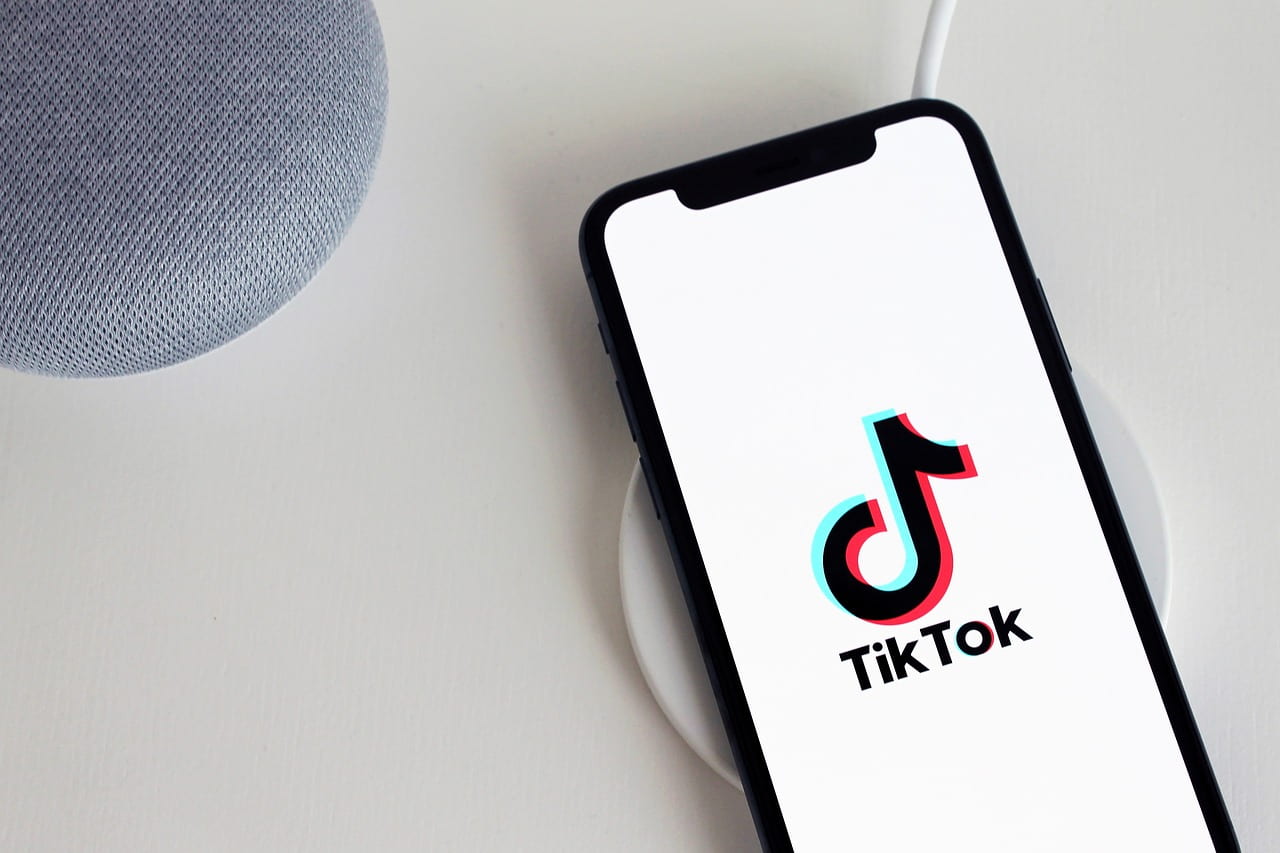
allybally4b / Pixabay
Arthur C. Brooks fairly often writes about concepts useful to teachers practicing SEL in their classroom.
His most recent one is headlined Postpone Your Pleasures.
I should point out that, though he often writes about useful ideas to educators, he also tends to be fairly wordy, and this piece is no exception.
But here is the section I found VERY interesting:
After discussing the famous Marshmallow Test and recent experiments that have raised some questions about it, here is what he has to say:
Although the evidence is mixed on the long-term implications of the marshmallow test, being able to defer gratification is clearly valuable for well-being. Even if some people may be naturally better at postponing rewards, we also have some evidence that the skill can be cultivated from an early age. If this is something you could work on, here are two ways to get started. They may appear contradictory, but done right, they in fact complement each other.
1. Think about the future.
A research-proven approach to improving your capacity for deferred gratification is to imagine yourself in the future. In 2011, a team of researchers interested in how to elicit saving behavior employed digital aging techniques and virtual reality to enable people to interact with elderly versions of themselves. They found that after doing so, the participants were more willing than other people to accept awards of money at a future date rather than immediately.
You can use this finding in creative ways. For example, if you are hankering for a portion of junk-calorie carbohydrates at 4 p.m., have a conversation with a 6 p.m. version of yourself who forwent the snack and is hungry for a good healthy dinner. Or say you are in college and have a big exam tomorrow but have just gotten invited to a party: Have a chat with the unhappy future you who took the exam after partying instead of studying.
His other recommendation was mindfulness, an area where I (and others) have mixed feelings. See both sides at The Best Resources For Learning About Mindfulness In The Classroom.
But I like the excerpt I shared, and I can see turning it into a read aloud in the classroom, and asking students to write to a prompt asking them to share instances in the past where they wish they had used it, and times in the future they could see themselves doing so.
I’m adding this info to The Best Resources For Learning About Mindfulness In The Classroom.
Arthur C. Brooks fairly often writes about concepts useful to teachers practicing SEL in their classroom. His most recent one is headlined Postpone Your Pleasures. I should point out that, though he often writes about useful ideas to educators, he also tends to be fairly wordy, and this piece is no exception. But here is research studies, SEL Update Larry Ferlazzo’s Websites of the Day…

